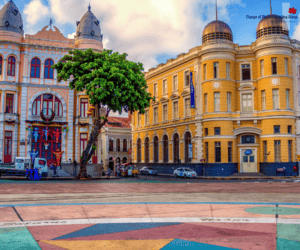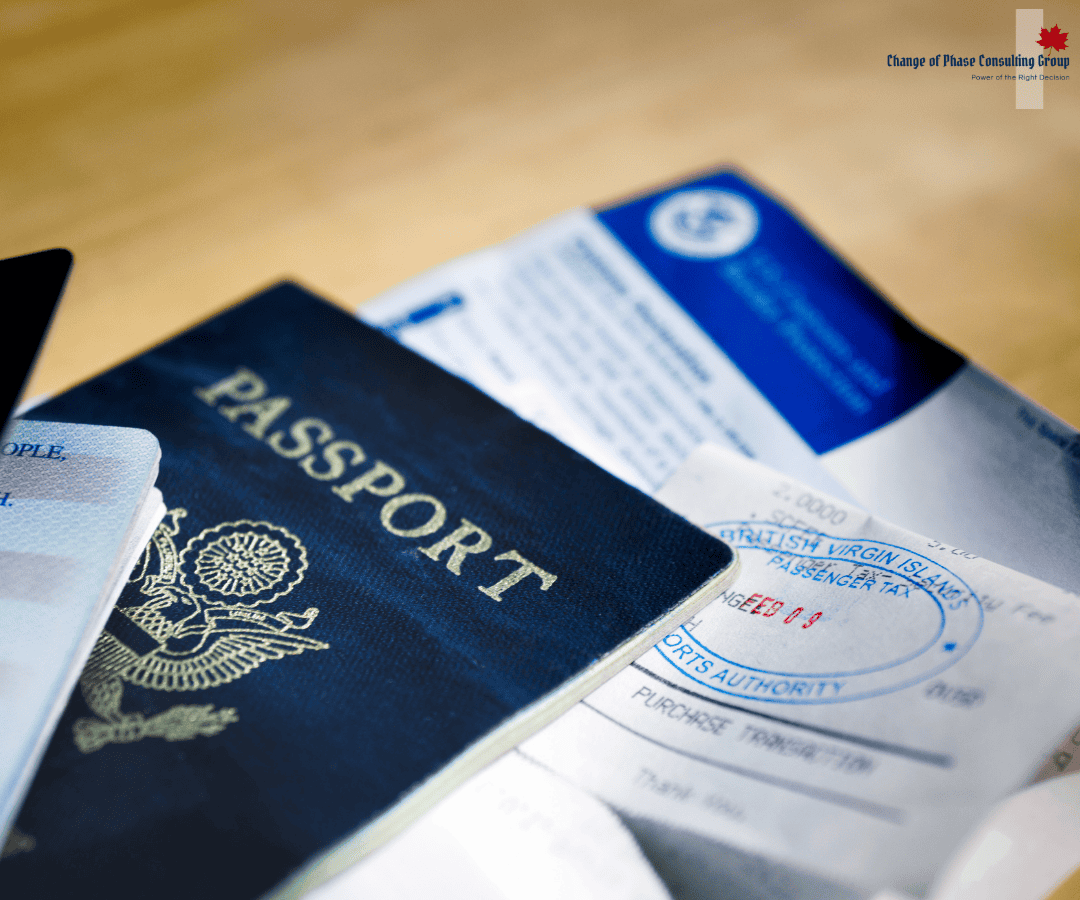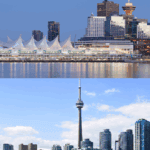Are you thinking about relocating to Brazil to make investments in the country’s thriving and expanding economy? Brazil is a popular destination for businesses wishing to broaden their commercial horizons since it provides exceptional opportunities for foreign investors through its Investment Visa. You may live and work in one of the biggest rising marketplaces in the world with this visa program, whether you want to start your own business or invest in already-existing companies. However, these are the key facts you should be aware of before making any selections.
1. Understanding Brazil’s Investment Visa
Foreign nationals can invest in the Brazilian economy and get temporary residency through Brazil’s Investment Visa, also known as the Temporary Resident Visa for Investors. For the duration of the visa, which is normally granted for two years, investors must start and run a company that supports the Brazilian economy.
2. Minimum Investment Amounts
The amount you intend to invest is one of the most important considerations when applying for an Investment Visa. You must fulfill certain financial requirements to be eligible for this visa. In the nation, a minimum investment of R$ 500,000 (Brazilian Real) is needed. This amount should be invested in a Brazilian company or firm to create a jobs and boosting the local economy in other ways.
The minimum investment may be reduced to R$150,000 in some exceptional circumstances, such as companies that concentrate on technology or provide creative solutions. Brazil is eager to draw in innovative startups and companies that will support its growth in fields like renewable energy, IT, and healthcare.
3. Choosing the Right Investment
Investigating several facets of the Brazilian economy is crucial when looking for the best investment opportunity. Agriculture, mining, technology, infrastructure, and finance are among Brazil’s leading industries. However, there are a multitude of investment prospects due to the nation’s rich natural resources and unique geography.
Here are some of the most lucrative sectors:
- Agribusiness: Brazil is a global agricultural powerhouse, making agribusiness a very attractive investment opportunity.
- Renewable Energy: With increasing interest in sustainability, investments in wind, solar, and biomass energy projects are on the rise.
- Real Estate: Brazil’s expanding middle class and urbanization make real estate a solid option for foreign investors.
- Technology Startups: The startup ecosystem in Brazil has been growing rapidly, particularly in São Paulo and Rio de Janeiro.
4. Residency Requirements and Process
Investors must fulfill specific residency conditions in order to apply for the Investment Visa. The investor may apply for permanent status after two years, even though the visa originally only grants temporary residency. A brief summary of the application procedure is provided below:

- Application Submission: Investors must submit their visa application to the Brazilian Ministry of Justice, which includes documentation such as proof of investment, business plans, and identification.
- Temporary Visa Issuance: Once approved, the investor and their immediate family (spouse and dependent children under 21) are granted temporary residency for a period of two years.
- Business Operation: During the two years, the investor must manage or oversee the operation of the Brazilian business and ensure it provides economic benefits to the region, such as creating jobs and boosting local productivity.
- Permanent Residency: After two years of operation and adherence to the conditions of the visa, the investor can apply for permanent residency in Brazil.
5. Economic Impact and Potential Returns
As Brazil is one of the biggest economies in Latin America, investing there can provide excellent profits. The nation is renowned for its robust agricultural output, expanding consumer market, and abundance of natural resources.
So it’s crucial to take the possible risks into account. Brazil has many prospects, but it also has problems including complicated taxes, inflation, and political unpredictability. The benefits, however, can be substantial if you’re prepared to overcome these obstacles. The sector you select will determine the return on your investment. For example:
- Agriculture and Agri-Tech: These sectors offer steady growth as Brazil is a leading producer of agricultural products.
- Real Estate: With Brazil’s urban growth, investing in real estate in key cities could yield high returns in both rental income and property value.
- Tech Startups: Brazil’s tech ecosystem has attracted global investors, and successful startups can see exponential growth, especially in niches like fintech and e-commerce.
6. Tax Considerations
Both federal and state taxes are part of Brazil’s intricate tax structure. You must be aware of the many taxes that could have an impact on your company as an investment. Although corporate income tax rates are typically high, the government does provide tax breaks in some areas and for companies operating in industries like renewable energy and technology.
Furthermore, even though Brazil has a number of tax treaties with other nations, dividends, capital gains, and earnings must all be carefully managed. Consultation with foreign advisors or local tax specialists can help guarantee compliance with Brazilian tax regulations.
7. Language and Cultural Considerations

Although English is used in business and tourism settings in Brazil, where Portuguese is the primary language, mastering the native tongue can significantly improve your communication and investment management skills. Success will also depend on your ability to comprehend Brazilian social mores, business customs, and culture. Relationships are highly valued in Brazil, thus establishing trust with local partners, staff, and clients may be quite beneficial.
8. Living in Brazil: Benefits Beyond the Business
Beyond the economic benefits, living in Brazil offers a vibrant, varied, and energetic way of life. The nation has a good standard of life, beautiful beaches, and a rich cultural legacy. Brazil is home to vibrant cities like Rio de Janeiro and São Paulo, which provide a variety of leisure options, commercial prospects, and stunning natural scenery.
Furthermore, the nation’s cost of living is very low compared to other global commercial hubs, which might assist foreign investors in striking a balance between their overhead costs and living expenses.
Conclusion
For foreigners wishing to grow their companies into a developing market, the Brazil Investment Visa offers a unique opportunity. However, success necessitates a thorough comprehension of the Brazilian business environment, residency restrictions, and investment landscape. You can position yourself for a successful business endeavor in Brazil by taking into account the minimal investment thresholds, picking the appropriate industry, and preparing for any obstacles.
With the correct planning and a sound business plan, Brazil’s investment visa may hold the key to a bright future in one of the world’s most promising countries.










Leave A Comment